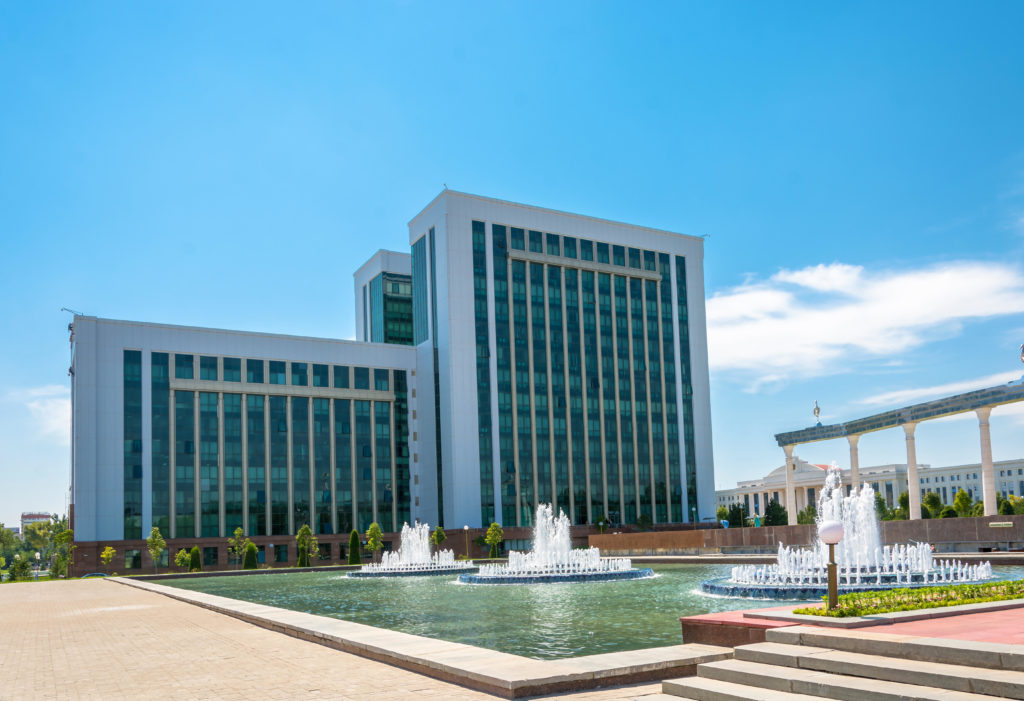TASHKENT
Uzbekistan allowed foreign investors, including non-residents, and individuals to purchase government securities as a part of the move to develop the country’s capital market.
So far only domestic financial organisations could purchase government securities.
The new document drafted by the government said that new regulations did not relate to the state securities issued by the central bank, and the volume of the government securities to be sold to foreign investors would be agreed upon between the finance ministry and the central bank.
Uzbekistan has been taking measures to diversify the public debt portfolio and reduce foreign exchange risks by increasing the volume of government securities issuance and developing the secondary market, the finance ministry said in a commentary to the government resolution.
The ministry added that it had placed government securities worth 597.1 billion soums in three auctions in 2018, 1,550 billion soums in 15 auctions in 2019, and 5,024 billion soums in 22 auctions in 2020. Last year the ministry sold 4,866 billion soums (more than $448 million) worth of securities in 64 auctions.
In 2021, as part of the measures to develop the capital market, the ministry for the first time issued 5-year bonds with a 14 percent annual coupon payment of 100 billion soums. Earlier this year it had issued 10-year bonds with a 15 percent annual coupon payment of 10 billion soums.
The state budget for this year envisages that the limited net volume of government securities to be issued on behalf of the state is 6.0 trillion soums (around $0.5 billion).
The finance ministry said the new regulation also introduced the concepts of the primary and secondary dealership on the securities market to perform dealer functions and placement of inflation-linked bonds.
The formulas used by the International Association of Capital Markets (ICMA) can be used to calculate profitability and interest, and calculations on the results of the auction will be based on international standards.
The government also plans to pay interests of securities every six months in accordance with international standards, and all necessary information for investors, such as auction announcements, its results and other details will be regularly published on the official websites of the finance ministry, the central bank and the Uzbek Commodity Exchange.
In July last year, Uzbekistan has placed two tranches of Eurobonds in the amount of $635 million at 3.9 percent and 2.5 trillion soums ($235 million) at 14 percent on the London Stock Exchange to finance the construction of schools, hospitals and water supply systems in the Central Asian country.
Demand for the dollar tranche, with a maturity of 10 years, exceeded $1 billion, and 2 trillion soums for the tranche of three-year bonds in national currency. Initial interest rates were in a range of 4.25-4.375 percent and 14.5 percent respectively.
Exposure to international markets followed more than two decades of economic isolation under Uzbekistan’s late president Islam Karimov. But President Shavkat Mirziyoyev, who came to power in 2016, has opened up the country for foreign investments and business.
One of Mirziyoyev’s key reforms was to liberalise its currency regime in September 2017. That opened the way for domestic businesses access to foreign exchange and paved the way for more reforms to open the economy and attract foreign investments.

